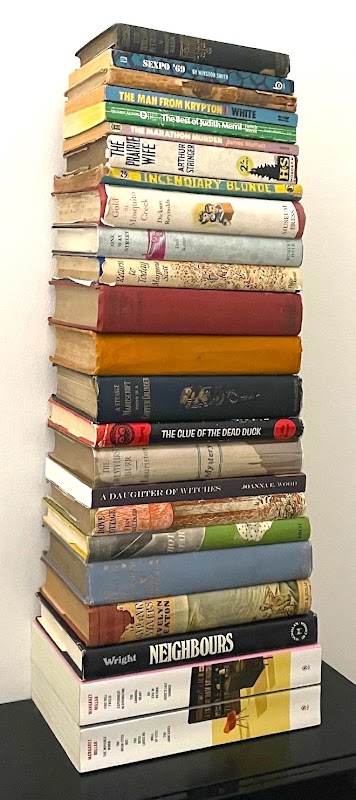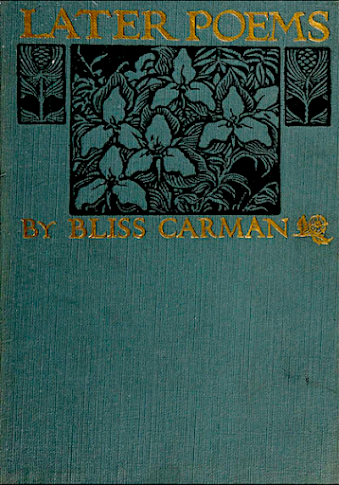The season brings a flurry of activity, which explains why I haven't posted one review this month. Still, I did manage to tackle twenty-four neglected Canadian books in 2023, which isn't so small a number. James de Mille's A Strange Manuscript Found in a Copper Cylinder (1888) was the oldest. Were I judging books by covers it would've been considered the finest. James Moffatt's The Marathon Murder (1972) was the youngest and ugliest. But then, what can one expect of a book that went from proposal to printing press in under seven days.
De Mille's dystopian nightmare is available from McGill-Queen's University Press as the third volume in the Centre for Editing Early Canadian Texts series.
I first read the novel back when it was a McClelland & Stewart New Canadian Library mainstay. New Canadian Library is no more; it was killed by Penguin Random House Canada. McClelland & Stewart – "The Canadian Publisher" – has been reduced to an imprint owned by Bertelsmann SE & Co. KGaA, but that hasn't prevented the German conglomerate from trying to make a buck – two bucks to be precise – selling it as an ebook.
Dystopia.
Three other books covered here this year are also in print, but from American publishers:
 |
| The Weak-Eyed Bat - Margaret Millar New York: Doubleday, 1942 New York: Syndicate, 2017 |
 |
| The Cannibal Heart - Margaret Millar New York: Random House, 1949 New York: Syndicate, 2017 |
 |
| The Heart of Hyacinth - Onoto Watanna [Winnifred Eaton] New York: Harper, 1903 Seattle: University of Washington Press, 2000 |
Note to Canadian publishers: Winnifred Eaton's novels are all in the public domain.
Pagan Love
John Murray Gibbon
Toronto: McClelland &
A novel penned by a man who spent his working life writing copy for the CPR, Pagan Love provides a cynical look at public relations and the self-help industry. Add to these its century-old take on gender bending and you have a work unlike any other.
Jan Hilliard [Hilda Kay
London: Abelard-Schulman,
Arthur Stringer
London: Hodder & Stoughton, [n.d.]
The first novel in Stringer's Prairie Trilogy. Dick Harrison describes it as the author's "most enduring work," despite the fact that it hasn't seen print in over seven decades. I'd put off reading The Prairie Wife because I have a thing against stories set on "the farm." What a mistake! An unexpected delight!
As for the New Year... well, I'm back to making resolutions:
- More French books (and not only in translation).
- More non-fiction (and not only the work of crazies).
Keep kicking against the pricks!
Bonne année!
Related posts:
The Very Best Reads of the Second Plague Year (2021)
The Very Best Reads of a Plague Year (2020)
The Very Best Reads of a Very Strange Year (2019)
Best Books of 2018 (none of which are from 2018)
The Year's Best Books in Review - A.D. 2017
The Year's Best Books in Review - A.D. 2016
The Year's Best Books in Review - A.D. 2015
The Christmas Offering of Books - 1914 and 2014
A Last Minute Gift Slogan, "Give Books" (2013)
Grumbles About Gumble & Praise for Stark House (2012)
The Highest Compliments of the Season (2011)
A 75-Year-Old Virgin and Others I Acquired (2010)
Books are Best (2009)
A Cunning Cousin in a Country Cottage
Go West, Young Woman
Spoiled by a Publisher
Quebec City Noir
Whispering City: Horace Brown's Second Encore
Lunar Attractions; or, The Leacock I Like































